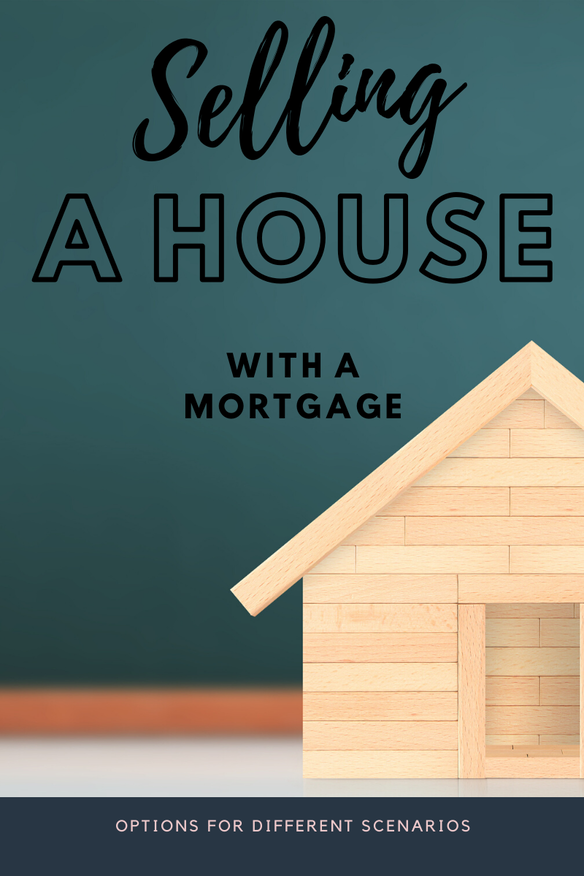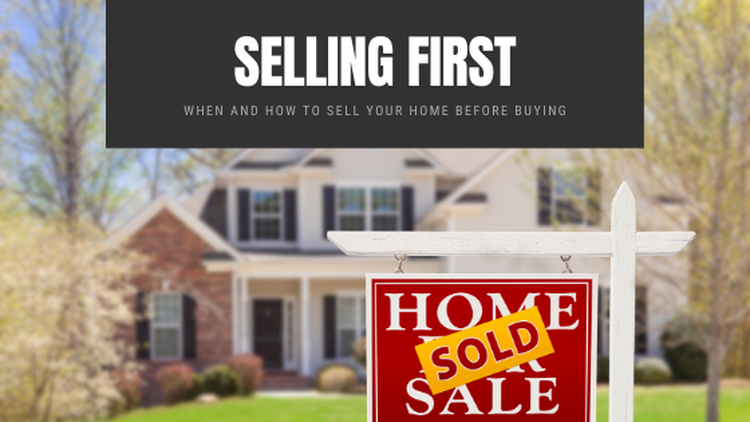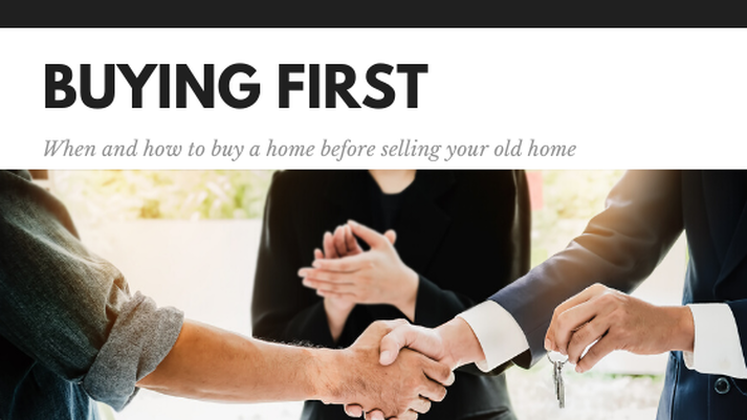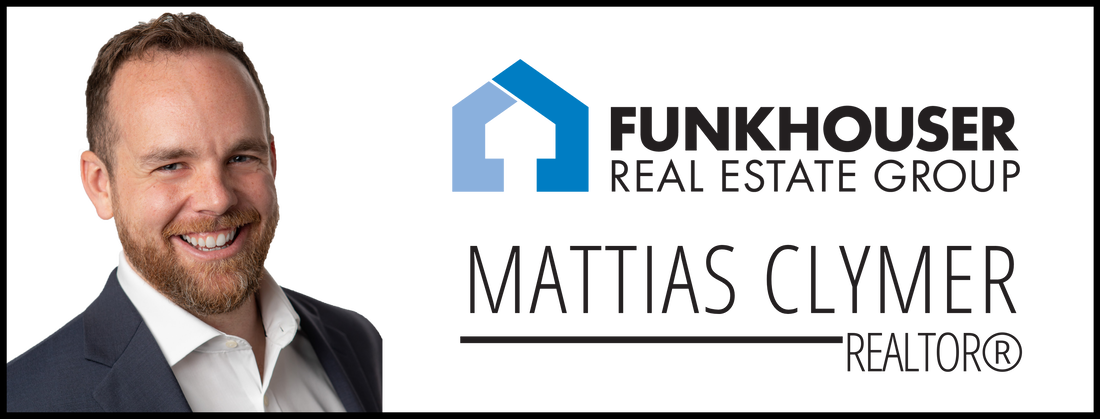
About 59% of homeowners have a mortgage that they are still paying off, according to research done by Zillow. What happens to this mortgage when a homeowner sells their home? In this post we will look at a detailed account of what can happen when you sell your home with a mortgage.
The ideal scenario is to sell your home with enough equity to cover the loan balance and closing costs, and then have a profit leftover. During closing on a new home, the buyer’s money pays for the loan balance and closing costs, then the seller gets the remainder. As a seller, you should be aware that you may have to pay your lender a prepayment penalty if you are selling your home close to the time you purchased it. The first step in selling a home with a mortgage is to find out your mortgage payoff amount, because it will give you the most accurate picture of what you owe on your mortgage. You can get in touch with your lender to find out the mortgage payoff amount. It’s not the same as the loan balance on your monthly mortgage statement because it also takes into consideration the interest you have paid off since the closing date of the original purchase of your home. Keep in mind that a payoff quote is only good for a limited amount of time, usually 10 to 30 days. Still, it’s good to get a payoff quote early on so you have an idea of what you need to make on the sale of your home. You will also need to look at your mortgage paperwork for due-on-sale clauses. These are clauses that protect the lender by stipulating that the homeowner has to pay the full amount of the mortgage upon the sale of the home and transfer of the deed to a new owner. Next, make sure there are no problems with the title on your home. You may need to hire a title agent to look into this. You just need to give them your mortgage payoff amount and your account number. Equity
Equity is the amount of money you have invested in your home, it’s the amount you will get from selling your home once your loan is paid off and other selling expenses are covered. Figuring your equity will be more complex if you have a home equity line of credit (HELOC), or a home equity loan on the home, or unpaid liens.
There are two types of equity, one is home investment equity, which is the equity built up by the money you put into your home, such as the down payment, monthly mortgage principal payments, and renovations. The other type of equity is earned equity. It is the profit you get after selling your home due to market changes increasing the value of your home. Earned equity can come from a rise in home values in your area or as increased return on investment from renovations. Equity and the Sale of Your Home
Upon selling your home, the money the buyer pays goes to your mortgage lender and also pays transaction costs. Any money leftover after that is profit for you. This profit can then be used as
a down payment for a new home.This is how it all works out; first the money goes to your mortgage lender to repay your loan, then additional loans are repaid, next, the closing costs are paid, and finally, the seller keeps any remaining profit. If your home has increased in value since your purchase of it, you should make a profit on its sale, but don’t forget that you will need to cover transaction and closing costs When Equity Doesn’t Cover the Mortgage
If your equity isn’t enough to pay your loan, that’s called negative equity, also known as “being underwater”. If you sell your home in this condition, you have to options.
The first option is to provide extra money to cover what’s leftover after your equity is applied. The second option is to sell as a short sale. In a short sale, the bank agrees to let you sell your home for less than what you owe for it. The downsides to this solution are that it can make it harder for you to buy a new home in the future and it will have a negative impact on your credit score. How Selling Your Home and Buying Another Affects Your Mortgage
Typically, 61 percent of sellers are buying and selling at the same time.
How selling and buying a home at the same time affects your mortgage depends on which transaction closes first. Selling First
This is easier because you don’t have to pay two mortgages and your equity is available for a down payment on the new home. For more on this, see this previous blog post:
Buying first
This is more complicated, because you have to figure out how to pay for the down payment and
your equity is not available yet to put towards the down payment. There are options, however, to help you: cover the cost of a down payment. They include a contingent sale, a bridge loan, a HELOC, and a Piggyback Loan. A contingent sale occurs when you put in offers on a new home and make them contingency offers.This means that you can’t close on the deal until you sell your current home. You may have trouble getting a contingency offer accepted in a competitive market, but it’s not impossible to sell buy under this condition. A bridge loan is a temporary loan to help you cover the down payment on a new home while you wait for your current home to sell. You will need to make payments on both the bridge loan and the mortgage until you sell your current home.This can become expensive if your home takes a long time to sell. A HELOC is a line of credit guaranteed by equity in your current home. It can be used to cover a down payment on a new home. However, there will be fees associated with the HELOC and it can be difficult to get if your house is currently on the market. A piggyback mortgage is also known as an 80-10-10. With this type of mortgage you can finance 80% of the loan, then put down 10% in cash. The additional 10% is financed by a second mortgage, which is actually a HELOC. This way you can put down less than 20% without having to pay private mortgage insurance For more on this, see previous blog post: Selling a House with A HELOC
It’s very common for homeowners to take out a HELOC for repairs or other home expenses.
This is a different type of loan than a HELOC for a down payment on a home. If you have a HELOC, upon selling your home, you will have to pay off the HELOC as well as the mortgage. There shouldn’t be any problem with selling if you have enough equity in the home to cover both. When you sell, first the primary mortgage lender gets paid, then the HELOC lender gets paid, and then you will get any profit left over after closing costs. Selling a home with a mortgage can be a confusing process, but this guide will give you a sense of what to expect in different scenarios. Sources: https://smartasset.com/mortgage/sell-your-home-while-paying-off-your-mortgage https://www.zillow.com/sellers-guide/what-happens-when-you-sell-a-house-with-a-mortgage/
2 Comments
8/7/2020 06:29:21 am
Equity is the amount of money you have invested in your home, it’s the amount you will get from selling your home once your loan is paid off and other selling expenses are covered. Figuring your equity will be more complex if you have a home equity line of credit (HELOC), or a home equity loan on the home, or unpaid liens.
Reply
10/23/2020 01:30:37 am
Excellent explanation, it’s simple & focus. Keep up the great work!
Reply
Leave a Reply. |
Categories
All
|

Email - Click Here
Phone - 540-246-9067 Website - www.mattiasclymer.com Schedule a Meeting, Download Contact Card, Etc... |
Funkhouser Real Estate Group | 401 University Boulevard, Harrisonburg, VA 22801 | 540-434-2400 | ©2021 | Privacy Policy | All rights reserved.
Licensed in the Commonwealth of Virginia


 RSS Feed
RSS Feed
